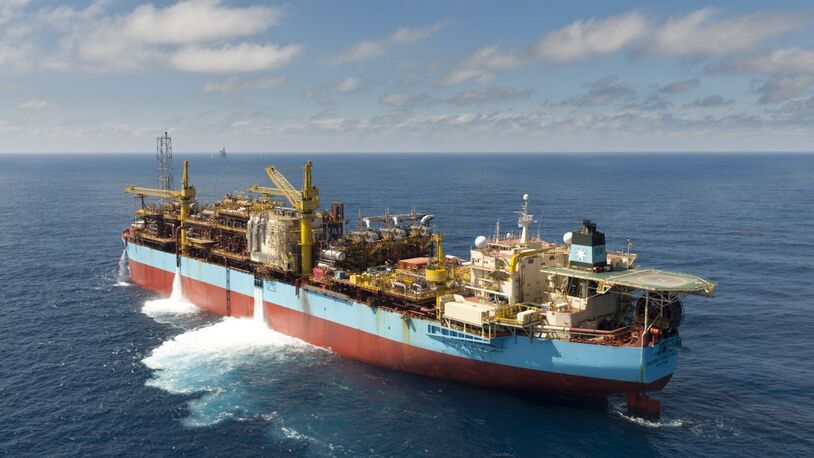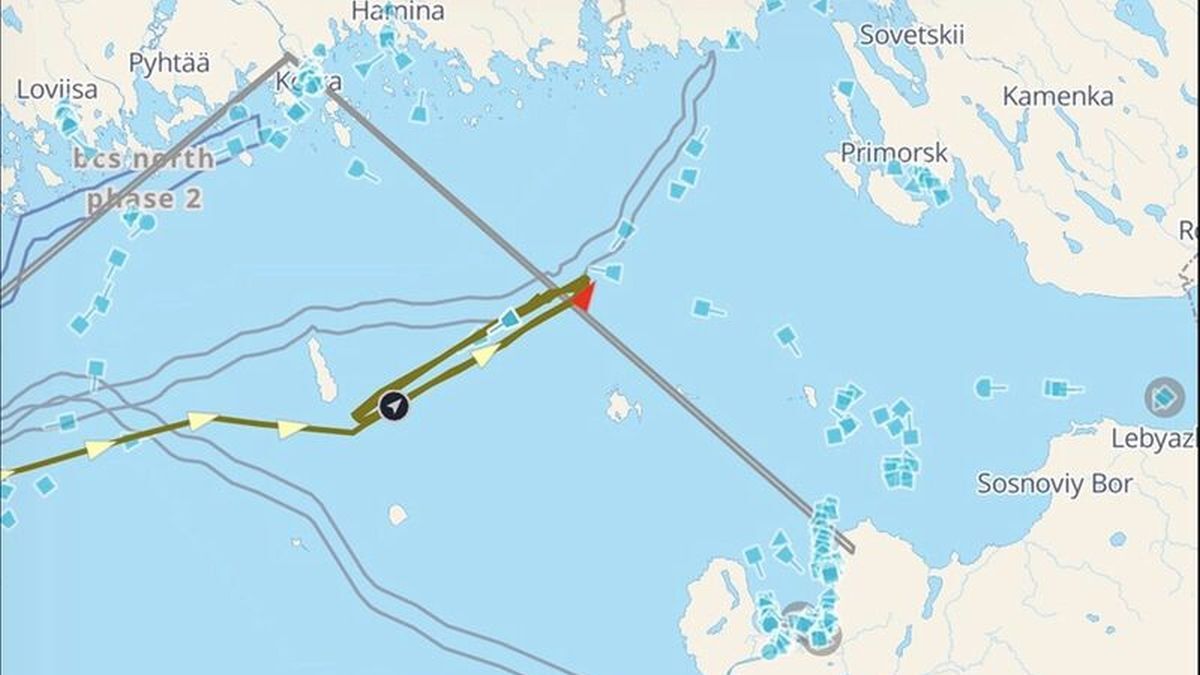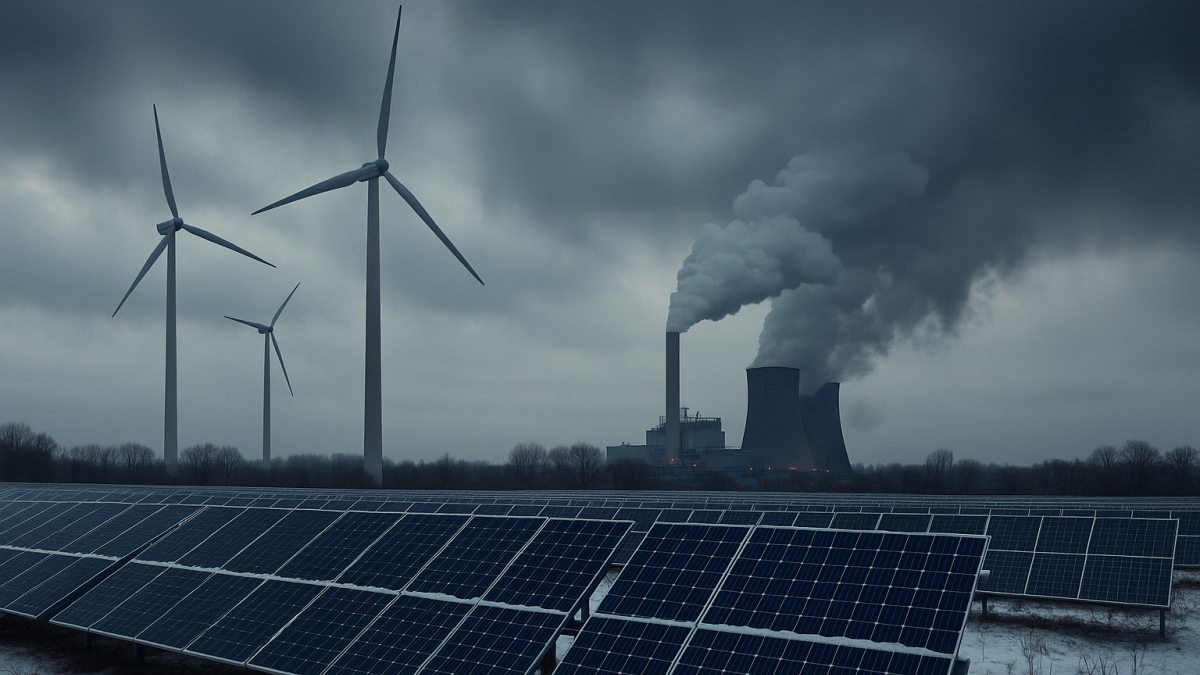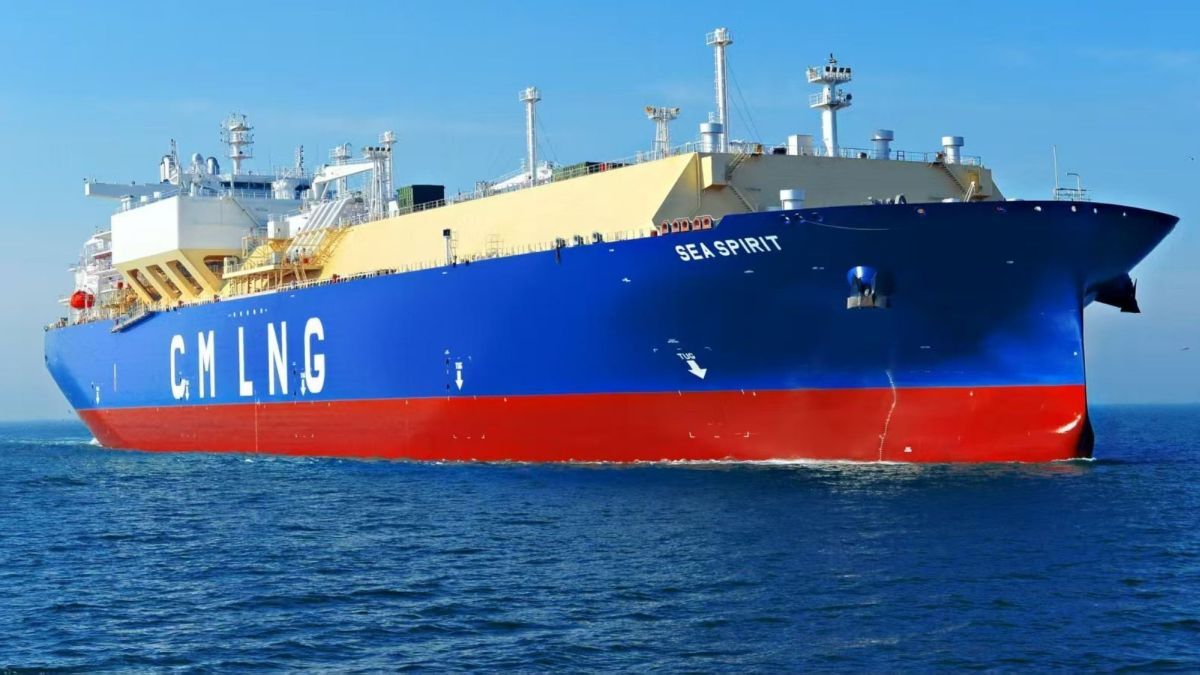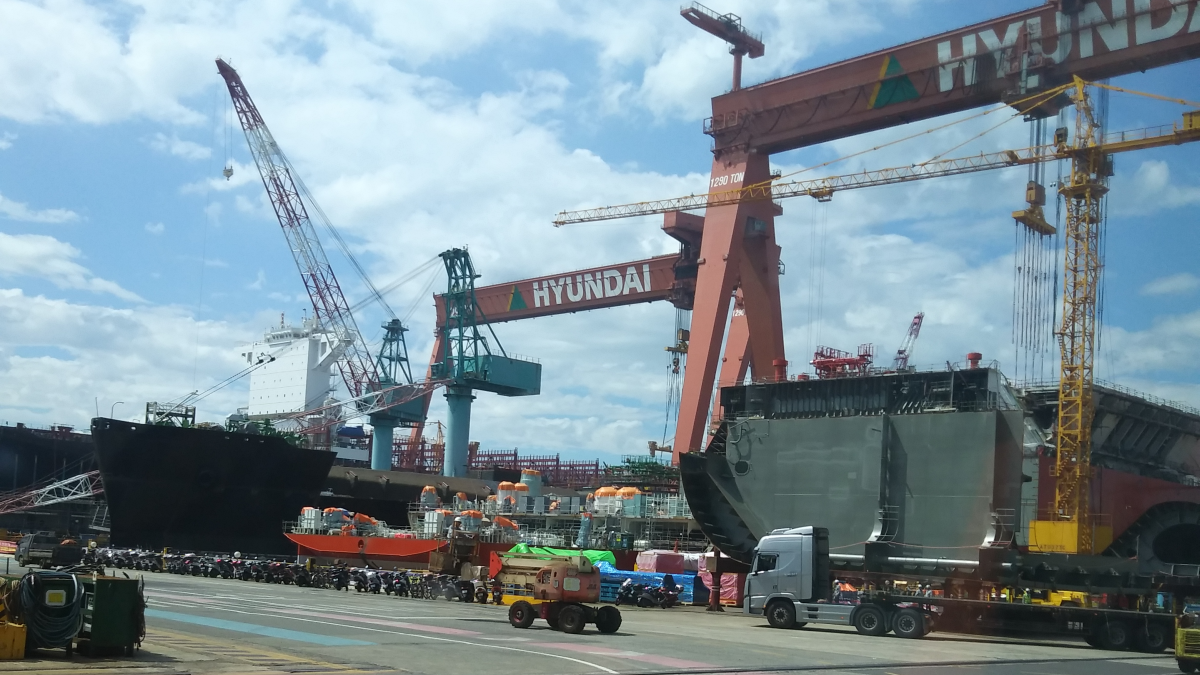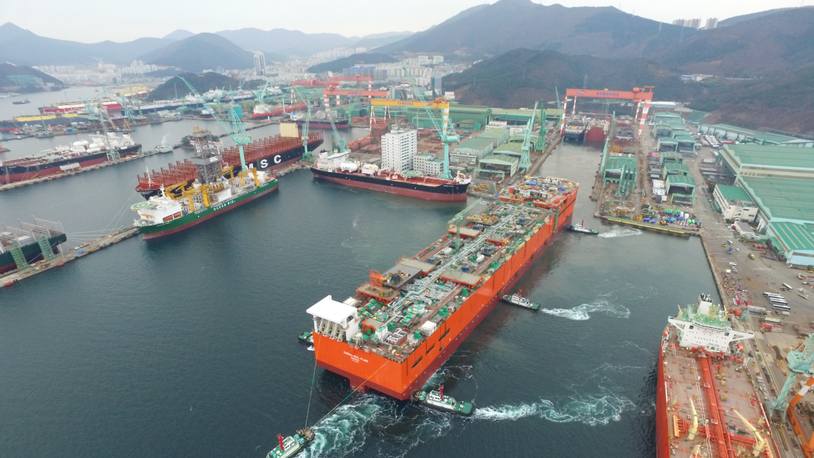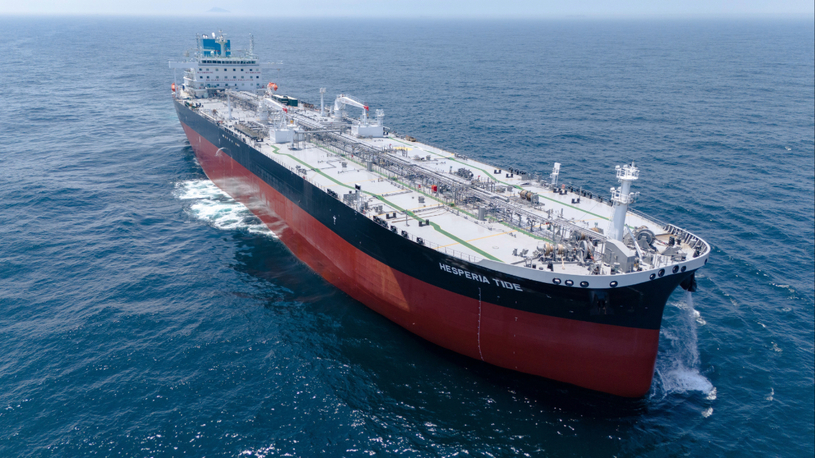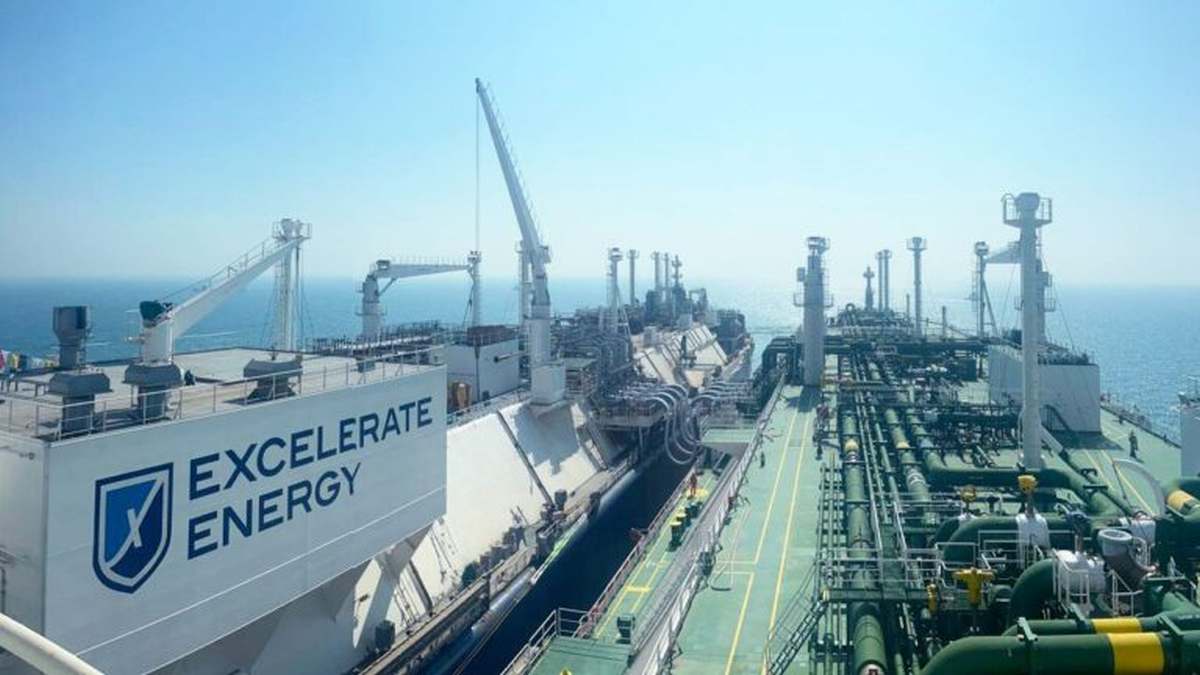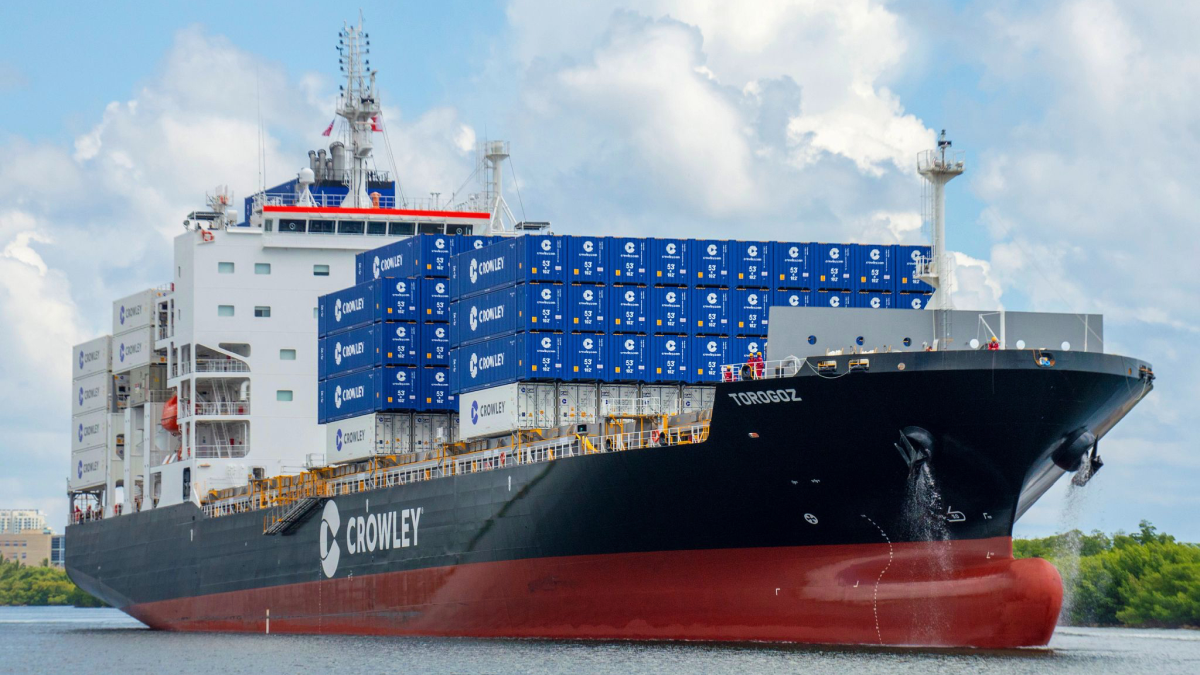Business Sectors
Events
Contents
Shell to divest its Russian interests
Shell has joined British oil major BP and Norway’s Equinor in exiting Russia-linked oil and gas investments in response to the Kremlin’s war on Ukraine
Shell’s board said it intends to exit its joint ventures with Gazprom and related entities and to end its involvement in the Nord Stream 2 pipeline project.
Shell’s divestment move involves billions in assets.
“We cannot – and we will not – stand by," said Shell chief executive Ben van Beurden. “We are shocked by the loss of life in Ukraine... resulting from a senseless act of military aggression which threatens European security.”
Sales include the company’s 27.5% stake in the Sakhalin-II liquefied natural gas facility, an integrated oil and gas project located on Sakhalin island; its 50% share in the Salym Petroleum Development, a joint venture with Gazprom Neft that is developing the Salym fields in the Khanty Mansiysk Autonomous District of western Siberia; and the Gydan energy venture, a joint venture with Gazprom Neft (Shell interest 50%) to explore and develop blocks in the Gydan peninsula, in northwestern Siberia. The project is in the exploration phase, with no production.
Shell is also dropping its 10% stake (worth US$1Bn) in the Nord Stream 2 pipeline project. Germany halted final approvals on the Nord Stream 2 project to bring Russian gas into Germany in response to Russia’s invasion of Ukraine.
"At the end of 2021, Shell had around US$3Bn in non-current assets in these ventures in Russia. We expect the decision to start the process of exiting joint ventures with Gazprom and related entities will impact the book value of Shell’s Russia assets and lead to impairments," the company said.
"In discussion with governments around the world, we will also work through the detailed business implications, including the importance of secure energy supplies to Europe and other markets, in compliance with relevant sanctions.”
Governments including the US, UK and EU countries have announced increasing sanctions against Russian companies and individuals, including Russian President Vladimir Putin.
UK Secretary for Business, Energy and Industrial Strategy Kwasi Kwarteng said companies have a "strong moral imperative to isolate Russia".
"Earlier today I spoke to Shell’s chief executive, Ben van Beurden. Shell has made the right call to divest from Russia – including Sakhalin II. There is now a strong moral imperative on British companies to isolate Russia. This invasion must be a strategic failure for Putin," Mr Kwarteng said.
BP announced on 27 February it is exiting its 19.75% interest – valued at US$14Bn – in Russian oil giant Rosneft. Meanwhile, Equinor’s board said it would stop new investments into Russia, and start the process of exiting Equinor’s Russian joint ventures.
Riviera Maritime Media will provide free technical and operational webinars in 2022. Sign up to attend on our events page
Related to this Story
Events
Offshore Support Journal Conference, Americas 2025
LNG Shipping & Terminals Conference 2025
Vessel Optimisation Webinar Week
© 2024 Riviera Maritime Media Ltd.



